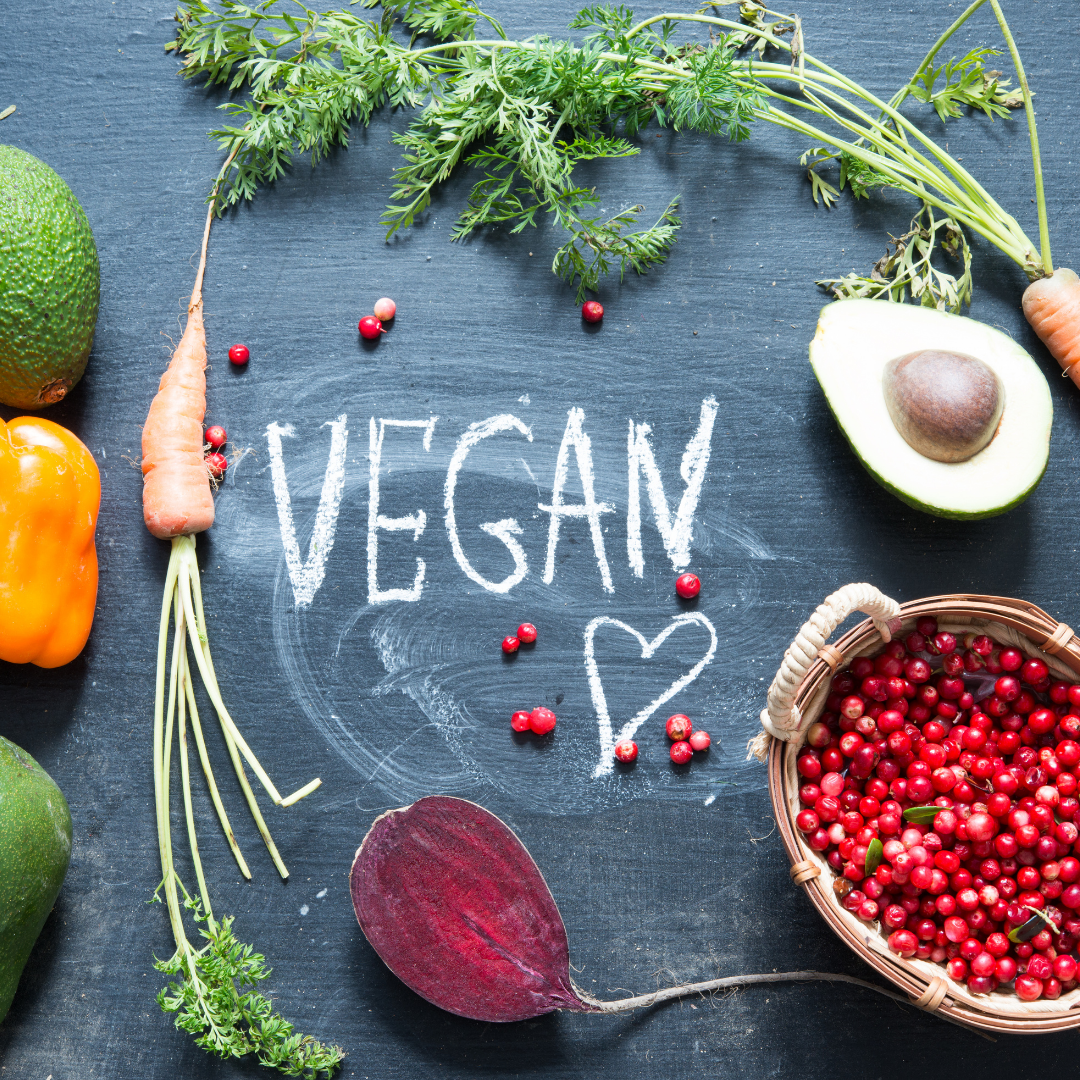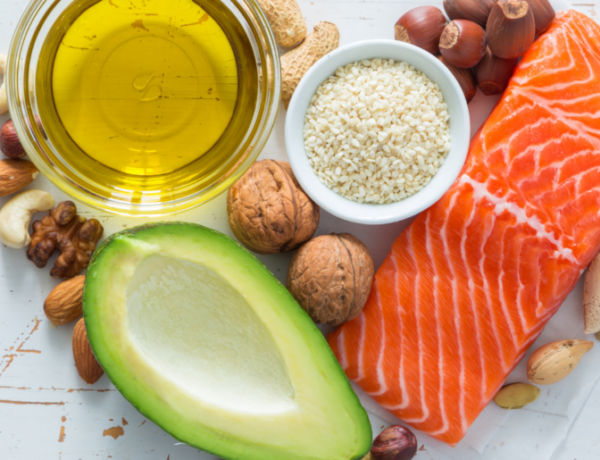Vegetarian, vegan and raw food diets are very fashionable in France. Why are they so popular? What are their advantages and disadvantages? Are they suitable for everyone?
What is vegetarianism?
The vegetarian diet is made up of plant foods: vegetables, fruits, seeds, nuts, legumes, cereals, tubers, algae, and animal by-products: milk, eggs and honey. All animal products are excluded: meat, fish and their derivatives, such as cold cuts.
1 – BENEFITS
No longer contribute to the animal mistreatment of industrial meat production: Animals raised in deplorable conditions: According to a survey by 60 million consumers, less than 5% of pigs are raised in conditions adequate to their natural needs. They are castrated and their tails are cut off. Sows are forced to conceive, carry, and deliver continuously until they are exhausted. They cannot move or lie down. 80% of the chickens do not live in the open air. They are confined to 25 chickens per square meter. According to INRA, they spend most of their lives lying down, injured and die of suffocation. They have skin lesions. Cows produce twice as much milk as 50 years ago. 3.6 million cows are raised in France. 7% are in a zero grazing system (which is low, but increasing). Many suffer from leg injuries and limping. They suffer from mastitis and have difficulty walking. The calves are separated from their mothers and the group from day one; they are not allowed to eat on pasture because “grass and exercise” turns their flesh pink. They are raised on a floor with holes in it so that they can quickly evacuate their excrement. Rabbits are kept in small cages on wire mesh floors without straw; they cannot hop like their free-range counterparts. Half of the dairy goats (1.2 million in France) do not have access to pasture either; they are considered as milk machines in intensive farms. Farmers remove their horns to save space. It is impossible for all these species to express their natural behavior. It is urgent to become aware that for a real respect of animal welfare, “it is a whole system that must be reviewed” writes 60 millions de consommateurs in a press release.
This also makes it possible to avoid the hormones, antibiotics and drugs given to animals in agro-industrial breeding. These drugs are found in meat, eggs and dairy products and affect our health negatively. Generally vegetarians are more health conscious, and therefore choose better quality foods (organic or local products). Some people say that they are disgusted with meat from a young age; they are often of blood type A or AB. The vegetarian diet can be useful to help the body detoxify itself. The fiber, minerals and vitamins rich in fruits and vegetables will help the body cleanse itself.
2 – DISADVANTAGES :
The majority of vegetarians I see in my clientele are NOT necessarily choosing quality food. They simply choose not to eat animals in general for ethical reasons. They often lack the intake of animal proteins to repair and regenerate themselves. Most vegetarians eat far too many grains, which are not properly prepared for digestion: soaking, sprouting, fermentation, leavening. Many vegetarians eat soy as a protein substitute. Soy is very difficult to digest and is estrogenic. Many vegetarians eat too many sugars to compensate for the lack of protein. John Harvey Kellogg is the founder of Kellogg’s (cereals), an American, a 7th day Adventist. He believed that eating meat contributed to sexual excitement. One of his missions was to promote anaphrodisiac foods (cereals). He advocated abstinence and temperance. He had a great influence on the vegetarian movement in the 1920s, and introduced the idea of breakfast cereals for children…
What is veganism or the vegan diet?
It is a diet that consists only of plant foods: vegetables, fruits, seeds, nuts, grains, tubers, seaweed, etc. There are absolutely no animal products. There are absolutely no animal products and no animal derivatives (no eggs, no dairy products, no honey).
1 – ADVANTAGES :
It is a cleansing diet; almost like fasting. It helps to lose weight and detoxify. Fruits and vegetables are rich in minerals, vitamins and fiber (if they are organic). Good idea in relation to animal abuse. Could be useful in case of degenerative diseases like cancer. Dr. Max Gerson has treated cancer patients with a vegan diet. He added other therapies such as coffee enemas, fruit and vegetable juices, potassium and iodine supplements, numerous dietary supplements, and raw liver juice! An advocate of the vegan diet: Dr. Colin Campbell, an American biochemist has written a book based on a Chinese study. The study is based on 6,000 people over 20 years in rural China.
Here are the author’s conclusions:
- Health is not a matter of medicine, but of nutrition. Right!
- We need much less protein than what is recommended. (48gr. Protein/day would be sufficient) Disagree!
- Animal proteins are more likely to contribute to the development of cancer than vegetable proteins. Disagree!
- It is better to obtain protein from legumes (soy, beans, lentils), nuts and seeds. Disagree!
2 – DISADVANTAGES :
Plant proteins are harder to digest – they are rarely prepared properly. They need to be soaked or sprouted to make them easier to digest. In the long run, this diet leads to very significant deficiencies, due to a lack of proteins essential for cell repair. Vegans often eat too much grain and sugar, which leads to insulin resistance and diabetes. The brain suffers greatly from a lack of fat. Vitamin B12 deficiency has serious negative effects on the body, including the central and peripheral nervous systems. Vegans lose their ability to digest animal protein over time. Premature aging. Often experienced as a religion = sectarianism.
What is the raw food diet?
It is about eating all raw foods. There are vegan raw foods, vegetarian raw foods, and all raw foods including meat, milk and fish. Aajonus Vonderplanitz promoted the raw food movement in the United States. He cured himself of stomach cancer. In France, it was Guy Claude Burger who promoted this diet in the 80’s by calling it instinctotherapy. The idea is to listen to the body’s instincts for food. We smell and look at the food before eating it.
1 – ADVANTAGES :
Raw foods have undeniable qualities: they are rich in enzymes, probiotics, vitamins, fiber and minerals. Eating by instinct is interesting because the body KNOWS what it needs, but it is important not to be “parasitized” by thoughts!
2 – DISADVANTAGES :
Raw food can be very difficult to digest for some if not consumed in juice, and will irritate the lining of the intestines if it is already inflamed. According to Chinese medicine, we also need cooked food. Living in cold places, I believe that the body needs hot cooked food.
CONCLUSION:
I am neither for nor against vegetarianism, veganism or crudivorism. I think it is possible to be a vegetarian and stay healthy if quality animal sub proteins (like eggs and dairy products) are consumed daily AND digested properly. However, one should not develop intolerances if these foods are eaten too often. On the condition that these proteins come from animals raised in good conditions: preferably in pasture, eating good quality and appropriate food; raised in small quantities; without antibiotics, pellets, and other unsuitable artificial food. Humans are omnivorous: they can eat anything! Teeth show it: molars for chewing; incisors for cutting; canines for shredding. Humans are also able to adapt to survive. Following one of these diets is sure to have positive effects, especially if people were eating poorly before starting one of these diets. Cutting out processed foods, sugars, hydrogenated fats, and moving towards organic, pasture-raised meats can only be beneficial to everyone! Follow Dr. Weston Price’s principles in general, and do a specific diet if necessary and appropriate. The questions to ask are: Which diet to adopt for which situations? How long to follow it? What are the reasons for adopting a certain diet? Diets should not be practiced like a religion. Eating should remain a pleasure. I believe that we can follow a certain type of diet for certain pathologies for a certain period of time, and change later.
Ex: Gerson or ketogenic diet for cancer.
Ex: low FODMAP diet for SIBO.
Ex: GAPS diet for autism.










No Comments